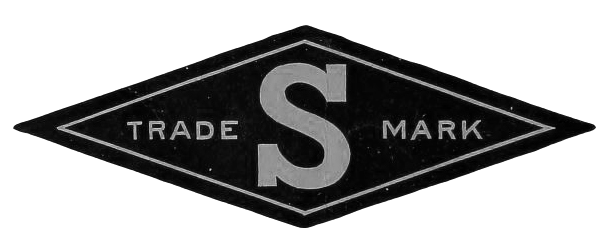
SUMMER OF SOUL (…OR, WHEN THE REVOLUTION COULD NOT BE TELEVISED) – A Review by Hollywood Hernandez
Summer Of Soul (…Or, When the Revolution Could Not Be Televised) is a joyful celebration of Black Culture with a history lesson of the era and an incredible concert film as well. It should be seen in schools everywhere because it is a history lesson of the evolution of Black people in America.
In the summer of 1969, over 300,000 people, of all races, packed a Harlem park for several days for what was called The Harlem Cultural Festival. However, also that summer about 100 miles up the road another music festival was taking place at a place called Woodstock, so even though the Harlem event was filmed, there was no interest by any movie studio to release it as a movie. So, the footage sat in a basement in Harlem for over 50 years and had never even been seen.
Questlove of the Roots is the driving force behind the movie. As a first-time director, he does a brilliant job with the musical footage and in highlighting the issues of the day affecting African Americans. MLK was assassinated in 1968 and violent protests erupted all over Harlem. The city of New York funded the music festival with hopes of avoiding violent riots in Harlem in the heat of the summer of 69.
The movie features some of the best concert footage I’ve ever seen on the big screen. Artists in the movie include Stevie Wonder, Sly and the Family Stone, B.B. King, The 5th Dimension, Gladys Knight and the Pips, and many, many more Gospel, African, Latin, and R&B artists.
All of the musical performances are memorable, with interview segments mixed in with many of the artists, but the absolute highlight of the film is a stirring rendition of “Take My Hand Precious Lord” by Mahalia Jackson and Mavis Staples after an introduction by Reverend Jesse Jackson, who said Dr. King’s last words were a request to hear that song. I’ll be honest, that scene moved me to tears.
Questlove does a great job of giving a historic perspective that Blacks were facing at the time. For example, during the festival America landed on the moon. In interviews with people in the neighborhood, all the comments were that people in Harlem need help, why would the country waste all that money going to the moon?
Also, I learned from the film that 1969 was the year that the term “negros” was officially changed by the media to Black. A Black female reporter for The New York Times wrote a story about the festival referring to African Americans as Black. The newspaper editor changed the term back to negro. The reporter, Chalayne Hunter-Gault, fired off a 20-page memo to the paper’s editors stating her case and from that point forward major newspapers followed The New York Times’ lead and began referring to African Americans with the term, Black.
Summer Of Soul (…Or, When the Revolution Could Not Be Televised) is a celebration of Black Culture. Every moment of the movie is filled with joy. After seeing this film, showing in theaters, and in a limited run on Hulu, your spirit will soar. It may be the most positive portrayal of African Americans that I have ever seen.
The movie is rated PG-13 and has a run time of 1 hour and 57 minutes. On my “Hollywood Popcorn Scale” this movie gets my highest rating, a JUMBO with EXTRA BUTTER!






